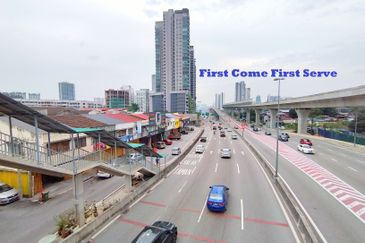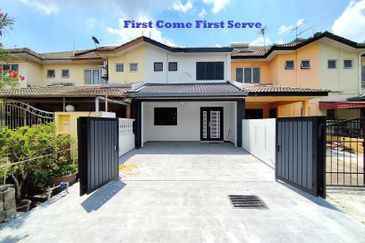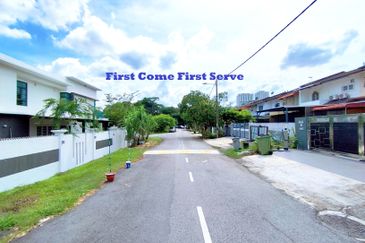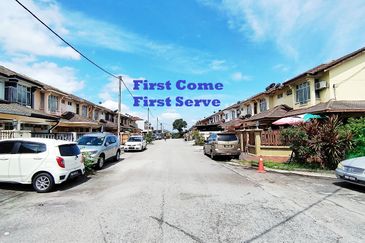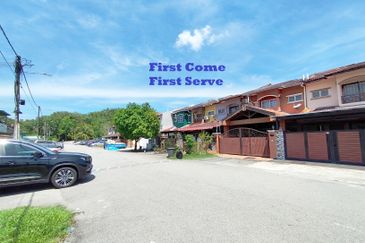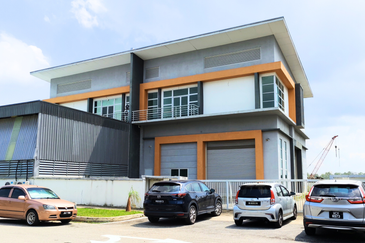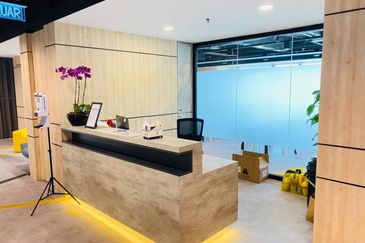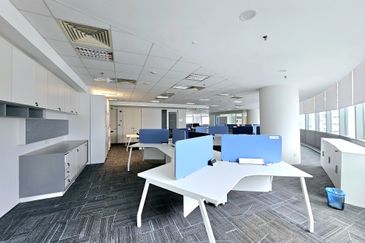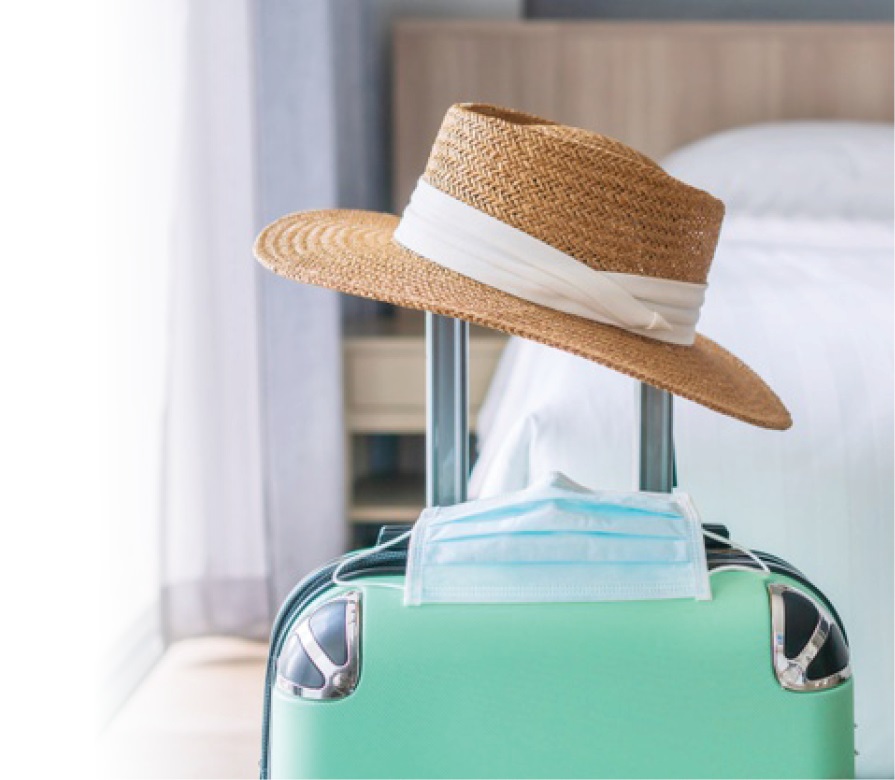
Over the weeks since the second Movement Control Order (MCO) was reinstated almost nationwide on Jan 13, 2021, news of hotels doing the “impossible” have been reported by the media. From offering hawker-style fare to laundry and car wash services, these unexpected ventures we see from hotels are very telling of just how badly the hotel industry has been affected from the first MCO all the way to the current MCO.
Read also
Overseas hotels’ survival tactics
CBRE|WTW: Luxury hotel outlook remains bleak
Mass vaccination and bubble travel the silver bullet?
Malaysian Association of Hotels (MAH) CEO Yap Lip Seng tells EdgeProp.my about 100 hotels have been forced to temporarily or permanently cease operation since last year, which has directly affected over 7,000 employees. More hotels have followed suit since the second MCO in early Jan 2021, with 6% of employees being laid off, while others are under unpaid leave or direct pay-cuts, based on MAH’s survey.
Yap expects that without government assistance, the extension of the travel ban would cause another 10% to 20% of hotel closures with more employees losing their jobs.

When we think of hotels, we tend to associate them with a visual representation of luxury, high-class environment, high-quality food and professional services and hospitality. However, in an effort to diversify their income, they have had to bring themselves to the level of what the economically-challenged masses can afford.
During the first MCO, hotels explored the “Work from Hotel” (WFH) concept and incorporated it into their services by catering to guests booking their hotel rooms for a day’s work, which included a few hospitality and F&B services.
Additionally, to stay in the game, hotels have extended some of their regular services to their surrounding communities. Read on below for the few adaptations they have resorted to.
Budget rice
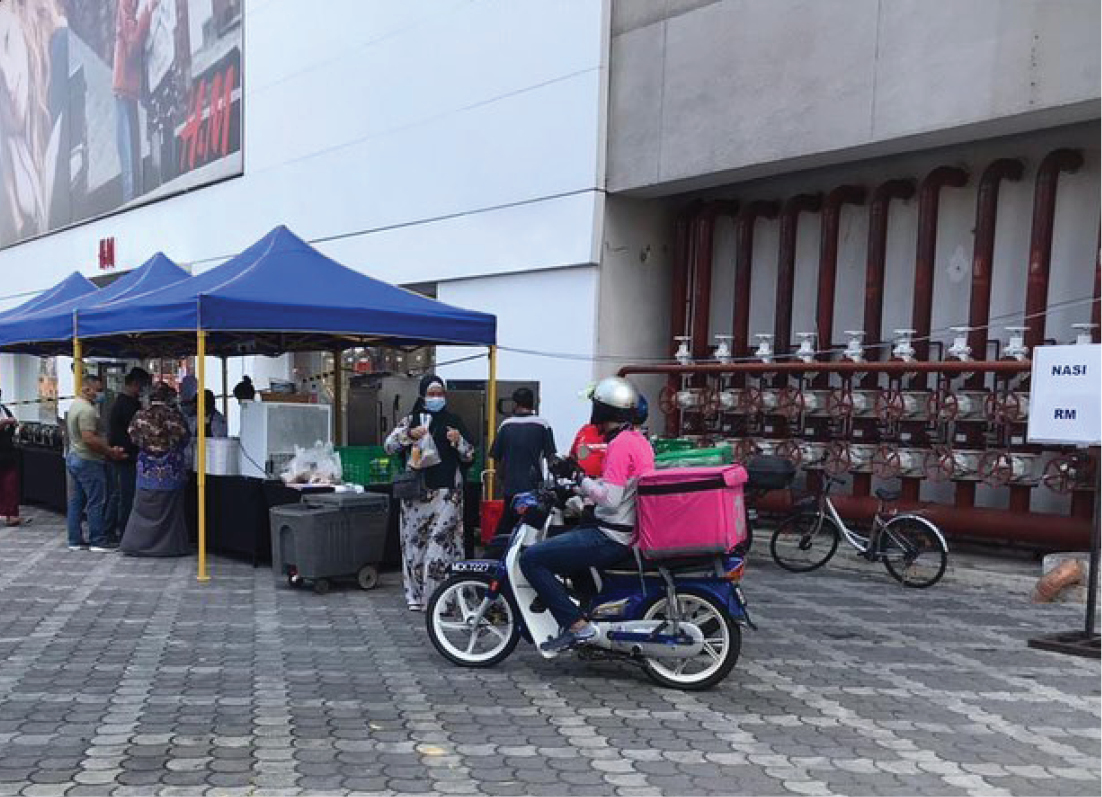
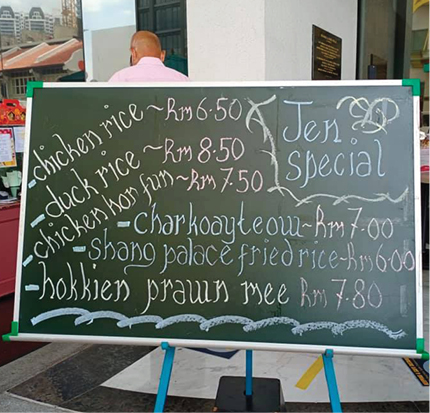
Selling budget rice is becoming a trend among hotels now as it is one of the ways to ensure continuous income, albeit small. From several hotels in Penang, Duyong Marina & Resort in Terengganu and now Hatten Hotel Melaka (pictured), these hotels have now made their kitchen fare available to the general public from meals as low as RM2.
More recently, when dine-in was not allowed during the beginning of MCO 2.0, a 5-star hotel near Komtar in Penang turned the long-vacant valet car park in front of the hotel entrance into a hawker street. Top chefs from the hotel were cooking and selling local favourites like char koay teow for takeaways or delivery.
Car wash service
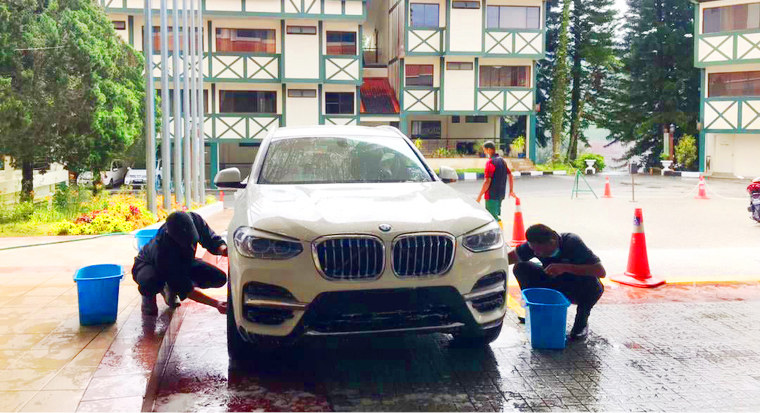
The 4-star Copthorne Hotel which is situated in Brinchang, Cameron Highlands organised a “Copthorne 126 Drive-thru Car Wash” and transformed its main porch into a car wash area. Its services also included vacuuming and polishing service.
The project was held for three days from Feb 9 to Feb 11 in conjunction with Chinese New Year and RM1 was donated for charity for each car wash.
Laundry service
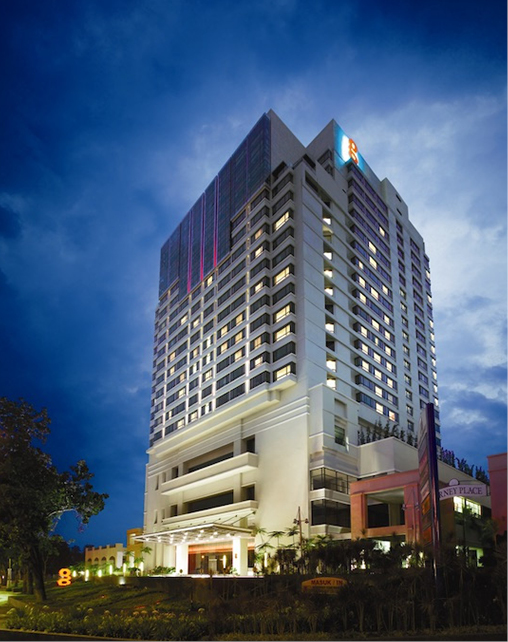
Hotels are also expanding their services to the public beyond just the F&B. Saujana Hotel Kuala Lumpur, G Hotel Gurney and Hyatt Regency Kinabalu are a few of the hotels that are offering laundry services. G Hotel Gurney has started operating a drive-through laundry service where you only need to drop off your laundry and pick it up when it is done.
On the other hand, Hyatt Regency Kinabalu has extended its laundry service by delivering the clean sheets right to your doorstep, but delivery is limited to within 10km.
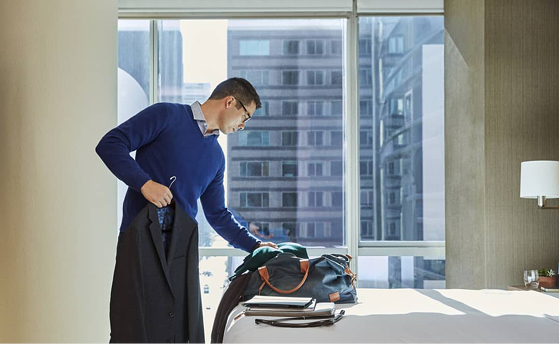
Buy now, stay later promo
Mutiara Taman Negara, a resort located within Taman Negara, is offering a promotion for its chalet stay at RM180 per night. Normally priced above RM200, the promotional price is available only up to March 4 and is valid for bookings up to June 30 this year.
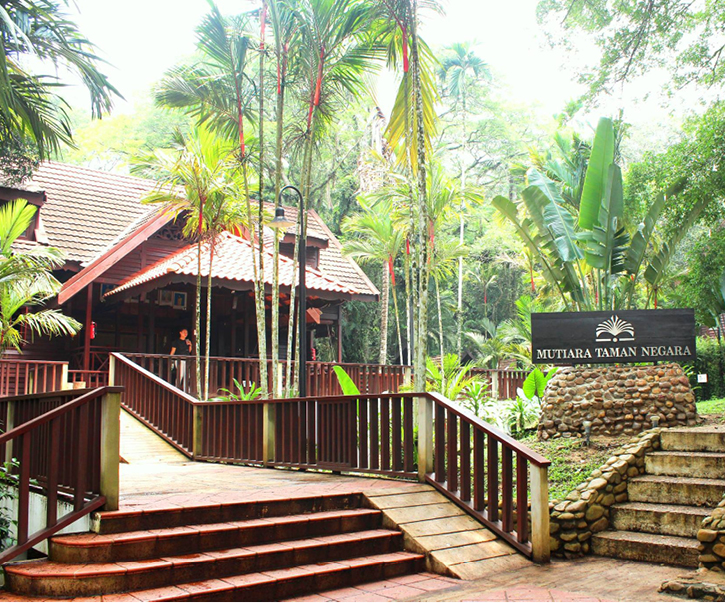
However, all these are obviously not enough to cushion their losses as the days of MCO prolong. Looking at these survival tricks by local hoteliers, Yap says these moves are “targeted at retaining jobs of employees but not expected to generate any substantial income”.
“Through the months of June to Sept 2020, hotel occupancy slowly picked up from below 20% prior to the reopening of interstate travel, to a peak of 42% on the Merdeka day weekend,” Yap tells EdgeProp.my.
However, the domestic market is highly volatile and susceptible to the progress of the nation’s health crisis, as Yap notes that occupancy numbers dropped in early October due to rising numbers of Covid-19 cases. The occupancy rate throughout 2020 was irregular depending on the government’s permission to travel between states.
“Domestic market is expected to be sufficient for survival only, but not sustainable (for the hotel industry),” he states.
This story first appeared in the EdgeProp.my e-weekly on Feb 26, 2021. You can access back issues here.
Get the latest news @ www.EdgeProp.my
Subscribe to our Telegram channel for the latest stories and updates
TOP PICKS BY EDGEPROP
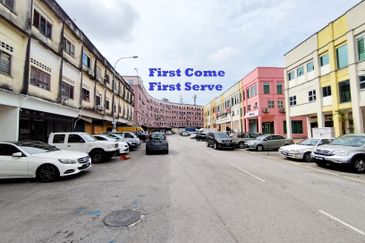
Jalan Klang Lama
Jalan Klang Lama (Old Klang Road), Kuala Lumpur
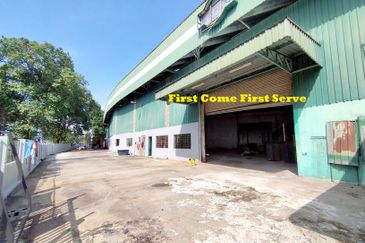
Kawasan Industri Rawang Perdana
Rawang, Selangor
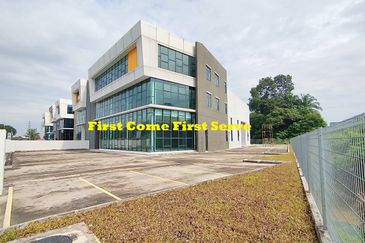
Rawang Integrated Industrial Parks
Rawang, Selangor
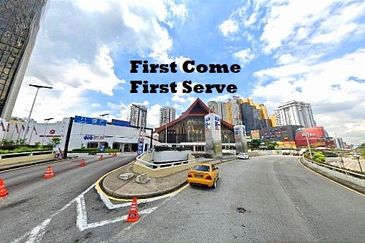
Jalan Chow Kit / Jalan Putra
KL City, Kuala Lumpur
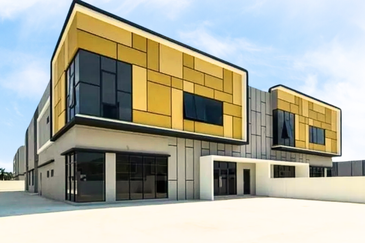
Eco Business Park V
Bandar Puncak Alam, Selangor
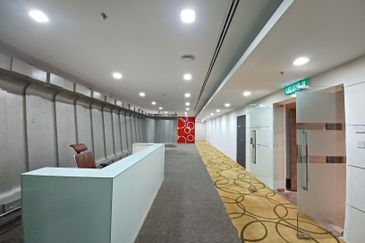
Menara HLX (formerly Menara HLA)
KL City Centre, Kuala Lumpur
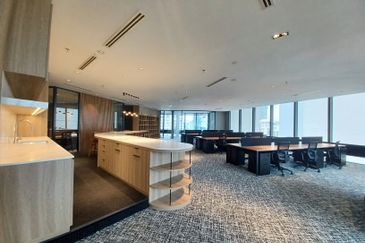
Menara Ilham (Ilham Tower)
KLCC, Kuala Lumpur
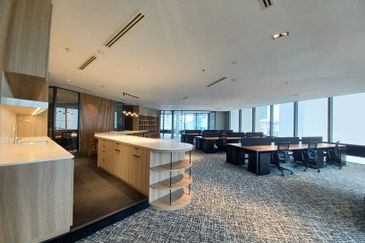
Menara Ilham (Ilham Tower)
KLCC, Kuala Lumpur
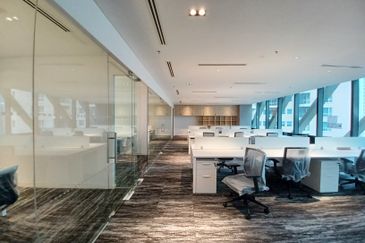
Menara Ilham (Ilham Tower)
KLCC, Kuala Lumpur


